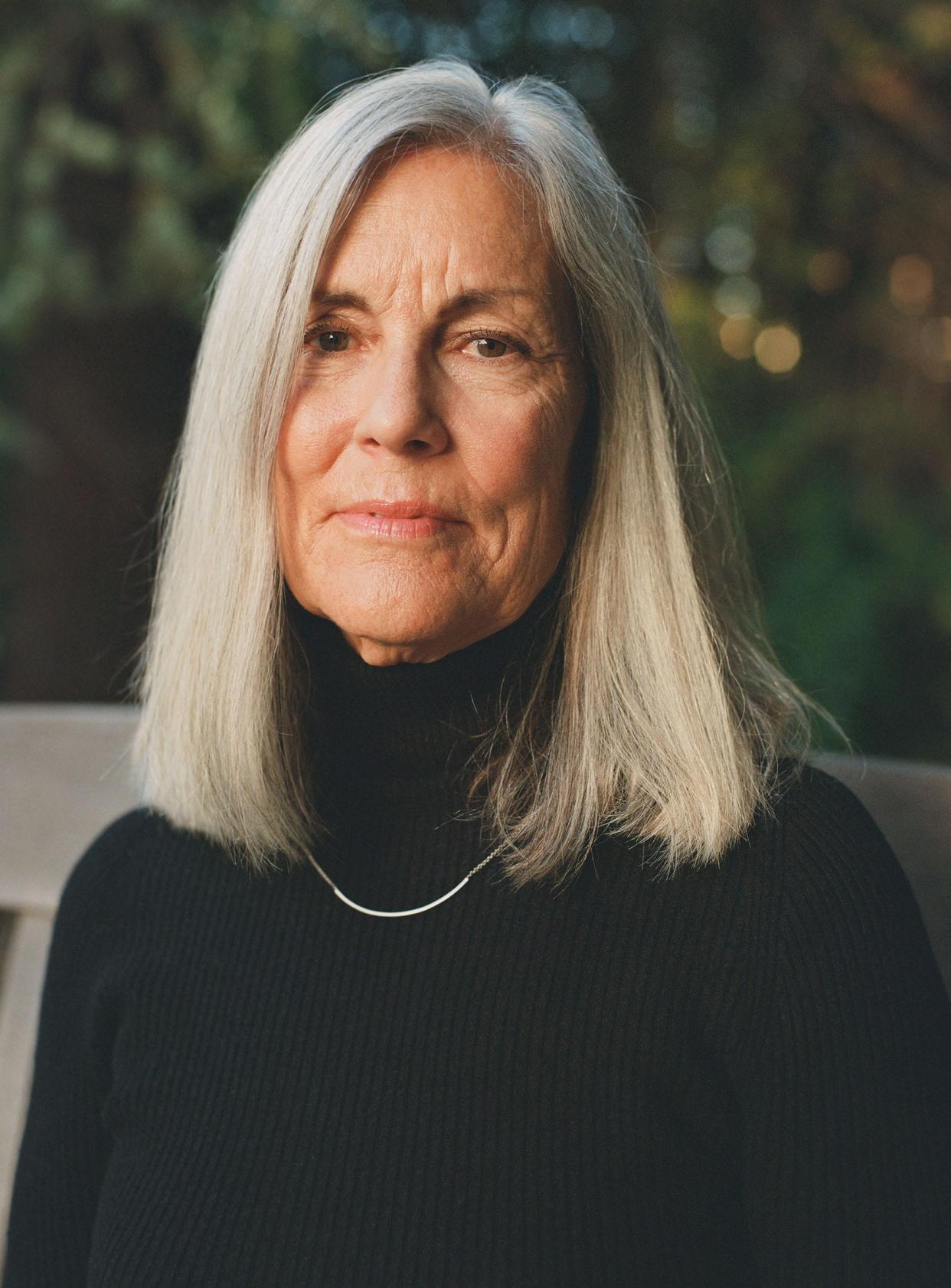'Searching for Savanna' author to discuss murder of Native American woman at Thousand Oaks talk

UPDATE: The author's talk has been rescheduled for 2 p.m. Saturday, May 4. Details below.
Kayakers were paddling on the Minnesota side of the Red River in August 2017 when they stumbled onto the body of Savanna LaFontaine-Greywind. She was wrapped in trash bags caught on a log.
The 22-year-old member of Spirit Lake Nation had been missing for nine days, said Mona Gable, a Los Angeles-based freelance journalist who will speak in Thousand Oaks this weekend.
The missing woman was eight months pregnant. A white couple who lived above her was arrested when they were found with her baby and were ultimately convicted in connection with LaFontaine-Greywind's murder.
“I started reading more about it and I realized this was a much, much bigger issue than one person, that it had been going on for a very long time: the violence against Native American women," Gable said.
Her interest in the case led the granddaughter of a Chickasaw woman to write “Searching for Savanna: The Murder of One Native American Woman and the Violence Against the Many," published last year by Simon & Schuster.
Gable will discuss and sign the book at 2 p.m. Saturday at the Grant R. Brimhall Library, 1401 E. Janss Road, Thousand Oaks. Admission is free.
The event was originally set for Feb. 4, but was rescheduled because of powerful storms that hit the region.
LaFontaine-Greywind was a nursing assistant in Fargo, North Dakota. She died when the neighbor killed her to remove her unborn daughter from her womb.
Gable, who had been writing about domestic violence, said she was looking for a story concerning Native American women when she learned about LaFontaine-Greywind.
She was drawn to LaFontaine-Greywind’s story because it was one of the few about missing Native American women that got national attention.
“I think it’s the history of Native Americans being somewhat invisible to most of the country," she said. “There have been many, many families that lost mothers, daughters, sisters, mothers who have gone missing or been murdered."
The federal Bureau of Indian Affairs estimates approximately 4,200 cases of missing and murdered Native Americans and Alaska Natives remain unsolved. There’s no reliable count on the annual number of missing or murdered women, the bureau noted, and women are often misclassified as Hispanic, Asian or another ethnic group.
Before LaFontaine-Greywind was found in the Red River on North Dakota's border, Fargo police discovered a baby in the apartment of neighbors Brooke Crews and William Hoehn. They admitted to officers the infant was LaFontaine-Greywind’s.
Crews ultimately admitted she cut into LaFontaine-Greywind and performed a cesarean section without anesthesia on the bathroom floor. In court, Crews testified Hoehn strangled LaFontaine-Greywind with a rope. Hoehn testified LaFontaine-Greywind was already dead when he arrived at the apartment.
Crews pleaded guilty to conspiracy to commit murder, conspiracy to commit kidnapping and giving false information to police. She was sentenced to life in prison without parole.
Hoehn, who pleaded guilty to conspiracy to commit kidnapping and lying to police, was acquitted of the murder conspiracy charge. He ended up with a 20-year sentence.
LaFontaine-Greywind's boyfriend, the father of their child, cared for the baby until LaFontaine-Greywind’s parents took custody in 2018, Gable said. The child, now 6, appears to be doing well, she said.
Questions surfaced about how Fargo police acted in the first 24 hours LaFontaine-Greywind was missing. During two searches done with Crews' consent, officers missed finding LaFontaine-Greywind's body, which Crews testified was in the bathroom closet.
Gable said police didn’t feel they had enough evidence to ask a judge for a search warrant. “I think the Fargo police did as good of a job as they could, under the circumstances,” Gable said.
But police should have listened to LaFontaine-Greywind's mother, who knew her daughter wouldn't disappear without saying anything, Gable said.
By the time Fargo police secured a search warrant and found the baby, LaFontaine-Greywind's body had been dumped in the river. Fargo police didn’t respond to The Star’s requests for comment.
The murder led Congress to pass Savanna’s Act, a 2020 law designed to improve coordination among law enforcement agencies and increase collection of data about missing or murdered Native Americans.
Savanna’s Act is a start in the right direction, said Gabriel Frausto, chairman of the Coastal Band of the Chumash Nation, which includes Ventura and Santa Barbara counties. Frausto said he has seen news reports about murdered and missing Indigenous women in local communities and noted more funding and legislation are needed for public safety.
Kenneth Kahn, chairman of the Santa Ynez Band of Chumash Indians, praised a 2022 state law establishing the Feather Alert, through which the California Highway Patrol distributes information about missing Indigenous women. It’s similar to an Amber Alert.
Kahn said he doesn’t know of any murders of women from his reservation, where a Santa Barbara County Sheriff's deputy is stationed full time.
Other reservations have been less fortunate, said Kahn, vice chair of the Native American Rights Fund board. “We have generations of many challenges we’re trying to overcome," he said.
Corrections & clarifications: This story has been updated to correct the name of the Native American Rights Fund.
Dave Mason covers East County for the Ventura County Star. He can be reached at dave.mason@vcstar.com or 805-437-0232.
This article originally appeared on Ventura County Star: 'Savanna' author Mona Gable to speak at Thousand Oaks event
